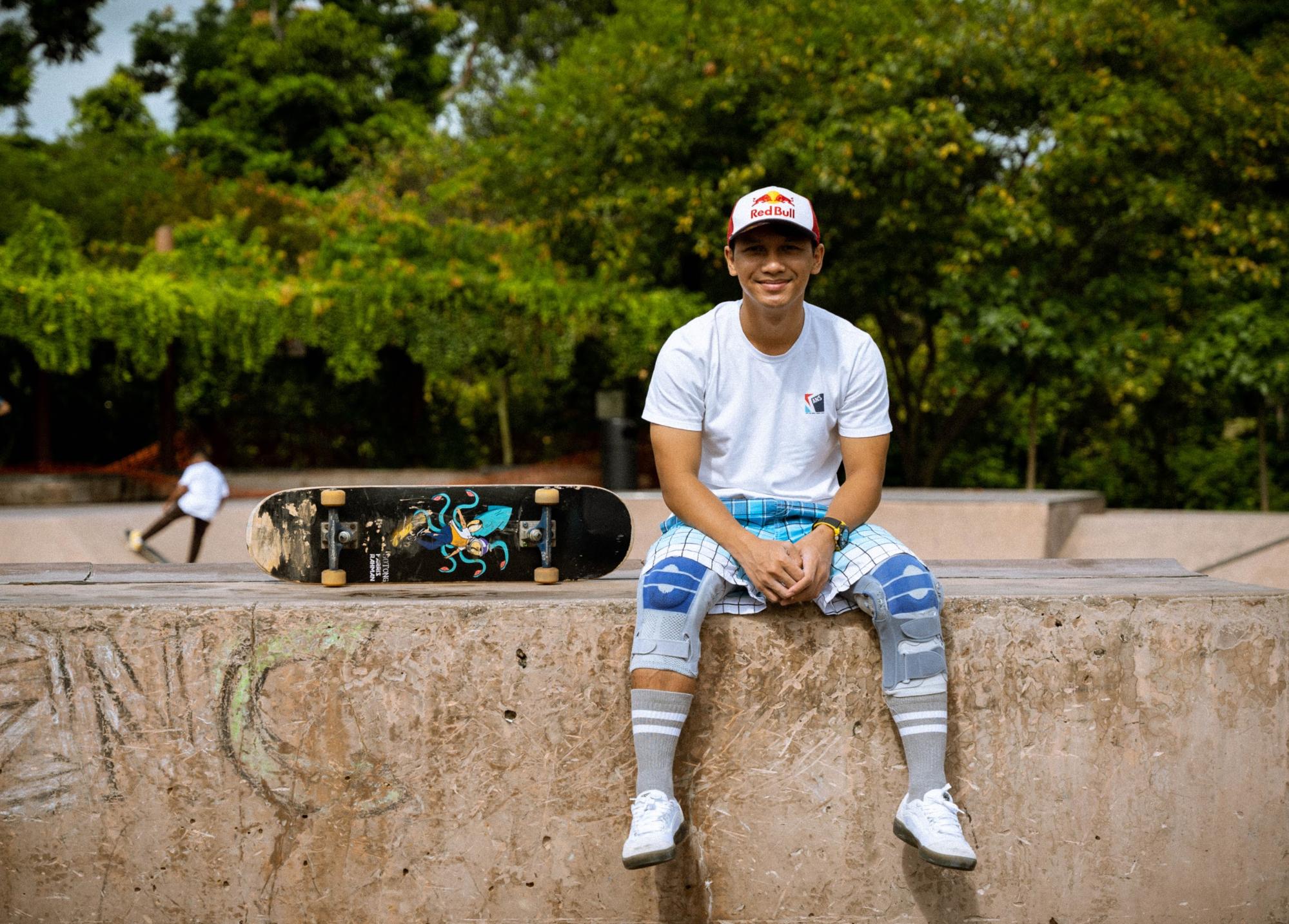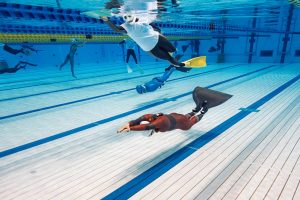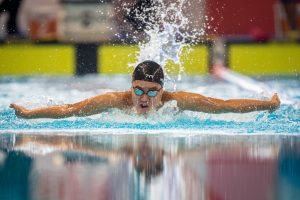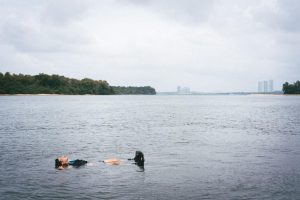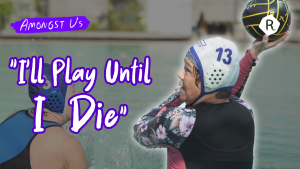In 1999, Farris Rahman’s father bought a skateboard from Carrefour supermarket for his oldest brother. Their dad took the 12-year-old to the park to break in his gift, and 4-year-old Farris tagged along.
As his elder sibling cruised around and tried to land an Ollie (a basic skateboard jumping technique named after its inventor, Alan “Ollie” Gelfand), wide-eyed Farris looked on, spellbound.
“My brother looked so cool,” recalls Farris, who is now 25-years-old.
“I had a turn on that skateboard too and that’s how I started skating. I didn’t want to play any other sports. I played some football in school and joined the NPCC (National Police Cadet Corps), but these didn’t stick. My dad was very open to me and my brothers trying new things, so long as we didn’t mix with the wrong crowd.”
He goes on: “I was an average student. My dad was adamant about us maintaining a good school-sport balance. He would even go as far as barring us from skateboarding if we didn’t do well in school!”
Farris believes that his father’s equal emphasis of sports and studies was what steered him, as a young adult, to continue seeking this equilibrium.
“I didn’t have many teenage problems, I think because skateboarding was a healthy outlet for me and kept me focused on personal goals that I set for myself. Skateboarding has taught me internal skills like resilience, determination, tenacity and perseverance.”
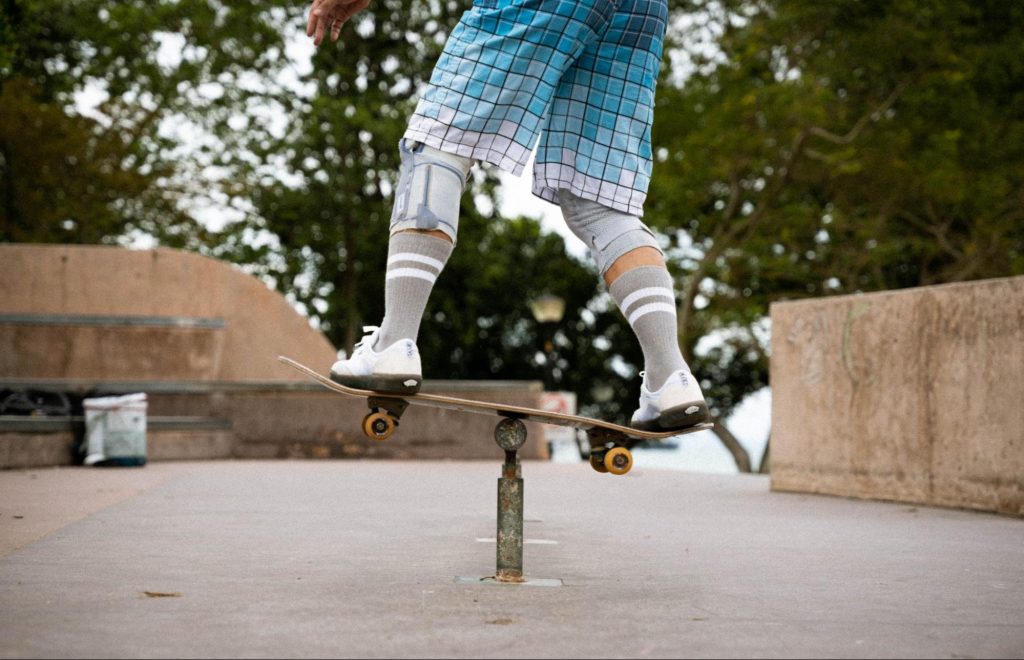
Two decades on since the purchase of that fateful supermarket skateboard (and better gear, subsequently), Farris was primed to compete in the Summer Olympics this year.
Skateboarding was finally included in 2016 by the International Olympic Committee, and the 2020 Tokyo Olympics would have been this fringe sport’s first-ever Olympic meet. However, unexpected injuries cast doubt on Farris’s 2020 Olympic debut, and Covid-19 would deal the coup de grâce to Farris’s Olympic dreams (for now).
Regardless, Farris has already proven that he can hang with the best in the world. He’s competed around the planet in more sports meets than he can remember, including Vert Attack in Sweden and the Maloof Money Cup in South Africa. He’s competed in about seven (he can’t recall exactly) X Games held across the globe, which is extreme sports’ most prestigious international tournament, and has impressed at all of them. His dad accompanies him on all these trips, bringing him to the site a few days ahead of the contest, and cheering him on as he acclimatises to the weather and competition venue.
He shares that skateboarding has made him a strong-willed trooper who “does not give up and keeps working” at what he sets out to accomplish.
“When I want to learn a new trick, it’s all up to me. The ability and motivation has to come from me. When I finally execute that trick successfully, I’m filled with a sense of accomplishment. That high only makes me want to attempt more,” discloses Farris, whose signature move is the “Superman”—when Farris gets enough airtime, he thrusts his skateboard ahead of him, stretching his body out into an aerial prone position while clutching to the tail of his board, à la the Man of Steel. Farris sometimes releases his board and spins it longitudinally, before regaining his grip and bringing the board back to his feet—a manoeuvre he calls the “Superman Finger Flip”.
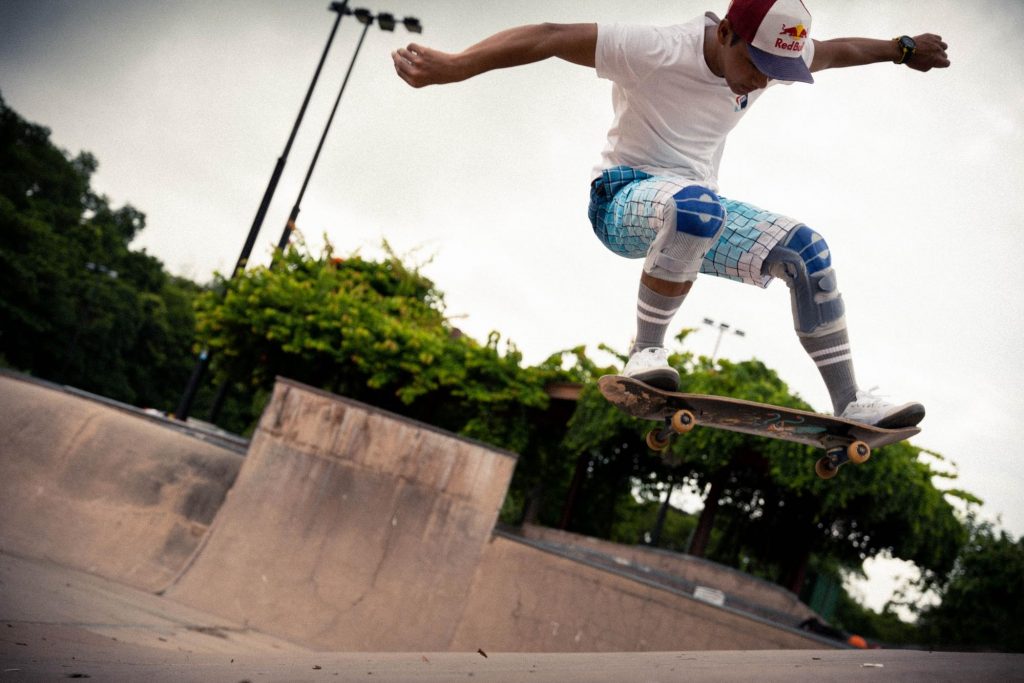
As a young boy who progressed quickly from crawling on all fours to traversing on four wheels, Farris distinctly remembers a VHS tape called The End (1998) by cult skating brand Birdhouse, which he watched again and again. He has played just about all the video games in the Tony Hawk Pro Skater series too, from the first PlayStation till PlayStation 4. When he has ideas for skate runs, he tries them out in the game to assess their style and feasibility, before attempting them in the physical world. Farris doesn’t have a favourite player in the Tony Hawk Pro Skater series, but shares that he was over the moon when he got to meet one of its featured skaters, Bob Burnquist, in 2013.
“I met him when I was competing in South Africa, I competed against him and he gave me one of his boards! I also went on tour in 2014 with skaters like Ryan Decenzo and T.J. Rogers, who are from the Red Bull team.”
In a soul-crushing twist of fate, Farris tore his right anterior cruciate ligament (ACL) in 2015, a debilitating injury that is common among athletes and usually requires reconstructive surgery. This was just the first of a series of tests on his mental fortitude.
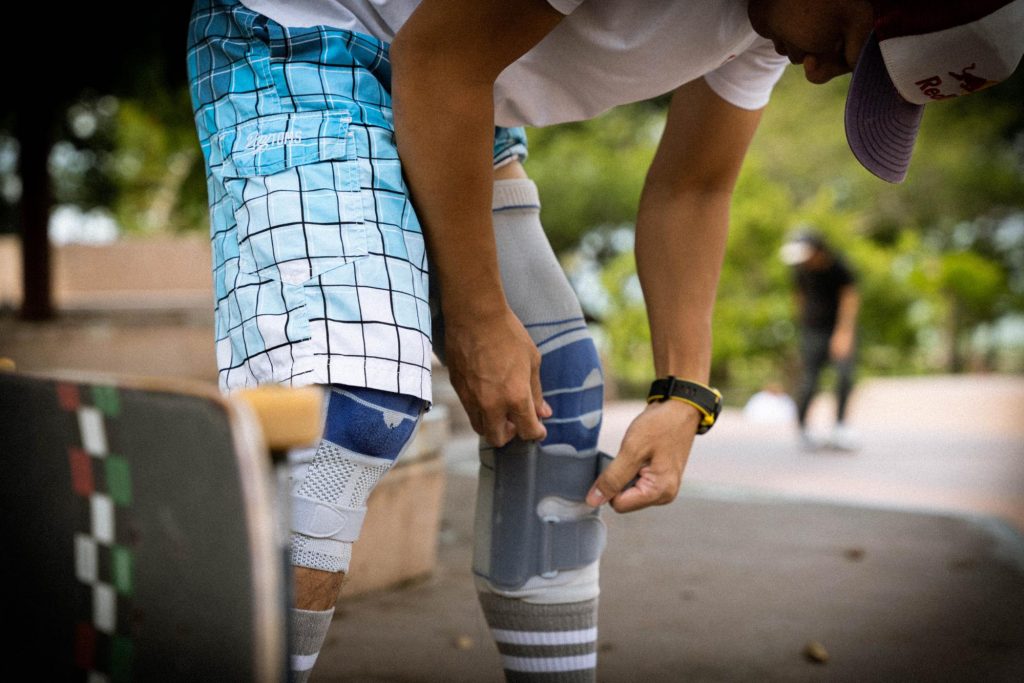
Unfortunately, another awkward landing side-lined Farris in mid-2017. He recalls rushing his post-third surgery recovery in time for impending projects and competitions. He regrets this hasty approach as it led to him tearing his left ACL again in 2018.
Four reconstructive surgeries later, these acute setbacks have done little to dampen his infectious smile.
Today, a wiser Farris isn’t pushing himself to nail more Superman Finger Flips and McTwists any time soon, but still enjoys drifting around bowls and lifting off verts to “get his mind off stuff”.
“Covid-19 hasn’t affected me much, as I am still in the process of recovering from my fourth surgery. If anything, it has given me more time to relax and focus on my recovery. I only have one goal at the moment, and that is to fully recover. I just want to get my knees back to 100 per cent. Only after I achieve that, will I then think about other potential goals,” he remarks.
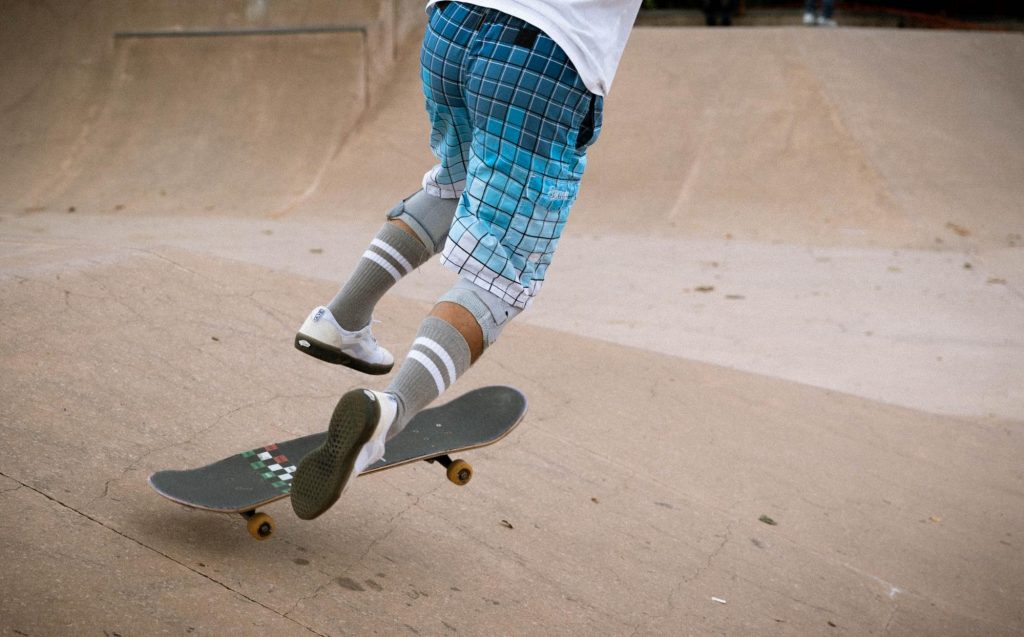
While this high-flyer is grounded by his injury, he has been working with the Ministry of Culture, Community & Youth and partners like SGAG and Love, Bonito on a project called Shape Your Somerset, which is gradually revamping the Somerset belt in the Orchard district into a more engaging, vibrant and multi-functional public space. By day, Farris works full-time for Sports Singapore, where he is able to effect positive change for other young athletes.
“What if I never tried skating? I think I’d have turned out super different. I don’t know. Skating has shaped my perception of the world. Getting to travel and meet people from around the world has brought me beyond my bubble that is Singapore and helped me communicate better with people from different backgrounds. Maybe I would have turned out more narrow-minded otherwise? I hope more youths will get to enjoy international eye-opening experiences too.”
This upstart has barely taken flight and his ascent is already spelling good things for his community.
“I love how skating gives me the sensation of flying; a rare feeling that you won’t get in normal daily life. Life is unpredictable and we just have to deal with what it throws at us. I’ve achieved many things that I had set out to do and I have a few more goals that I want to accomplish after I recover, but success to me is just being able to be happy.”

